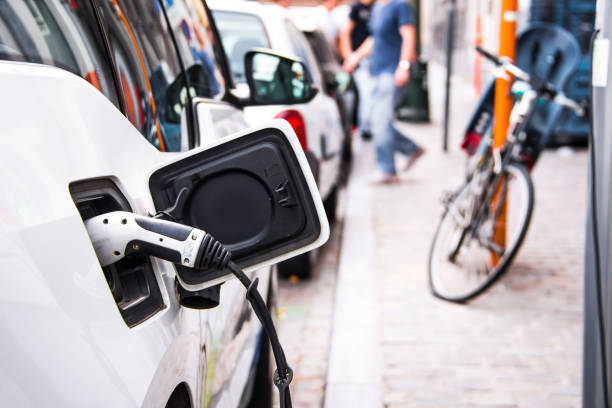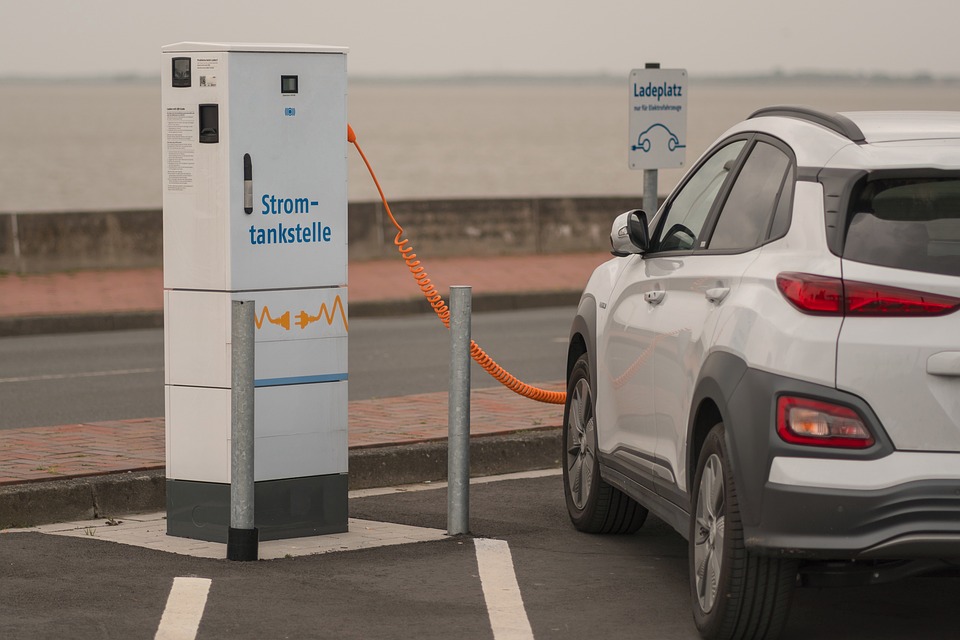Transitioning to electric vehicles (EVs) is essential for a sustainable future, but a significant challenge remains: access to convenient charging for households without off-street parking.
While public infrastructure gets much attention, the untapped potential of local domestic and institutional charging points could play a transformative role.
In many neighborhoods, underused chargers already exist within easy reach. For instance, a nearby 20-unit housing association includes individual chargers for each home, but only a few are used.
By leveraging platforms like Co-Charger—an app that facilitates sharing private chargers with neighbors—this infrastructure could benefit the entire community.
Residents without driveways would have occasional access to at-home charging, encouraging EV adoption.

Online payments, slightly exceeding electricity costs, would save users from the 20% VAT charged at public stations and offer convenience.
Local schools also present untapped opportunities. A school parking lot with over 100 spaces and 10 charging points might sit idle after hours.
By opening these facilities to the community, the charging gap could be narrowed significantly without the need for disruptive cable installations across pavements.
These small but impactful changes can reduce barriers to EV ownership.
By maximizing existing infrastructure and fostering a collaborative spirit, communities can pave the way for greener, more sustainable neighborhoods.

